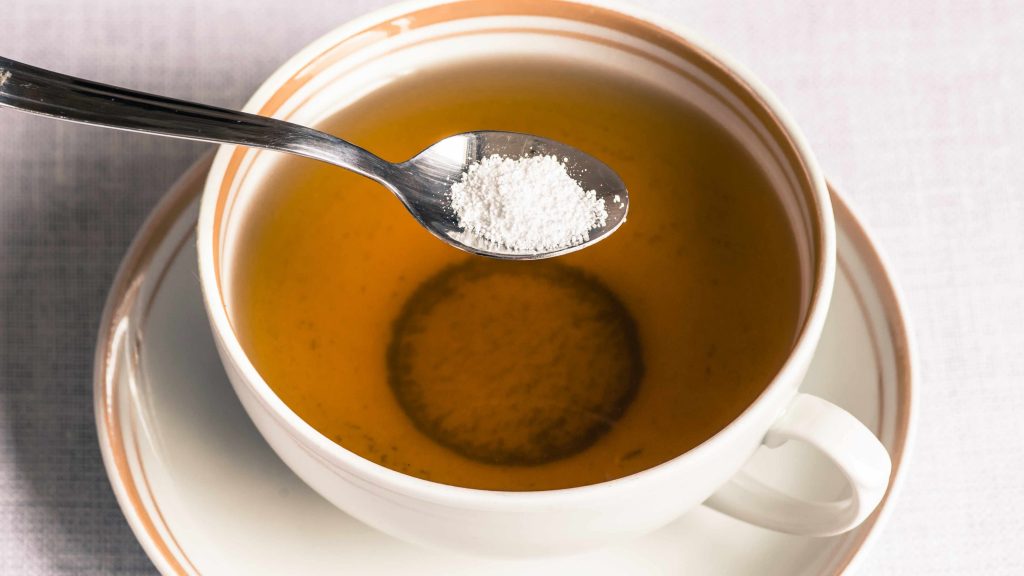-
Cancer
Mayo Clinic expert weighs in on WHO labeling aspartame sweetener as low, but possible, cancer risk

A popular artificial sweetener that's widely found in sugar-free foods and beverages is being labeled as a possible cancer risk by the World Health Organization (WHO). WHO's cancer research agency, International Agency for Research on Cancer (IARC), determined aspartame to be a possible carcinogen after reviewing and assessing the potential carcinogenic effect of the sweetener, but says it's safe to consume in limited amounts.
Dr. Donald Hensrud, a Mayo Clinic physician specializing in nutrition and the editor of "The Mayo Clinic Diet," explains what this new classification means and why the risk is low.
Watch: Mayo Clinic expert weighs in on WHO labeling aspartame sweetener as a possible cancer risk
Journalists: Broadcast-quality sound bites are available in the downloads at the end of post. Please "Courtesy: Donald Hensrud, M.D./Editor/"The Mayo Clinic Diet."
"This new decision of declaring aspartame a possible carcinogen is going to add some confusion. First of all, the level of risk is low, but consuming something over many years, even in a low amount, may possibly add to the risk," says Dr. Hensrud.
The four classifications of carcinogens
A carcinogen is a substance, organism or agent capable of causing cancer. When classifying the risk that something causes cancer, IARC uses different levels based on the certainty of the evidence of the risk. Those categories are:
- Carcinogenic to humans
- Probably carcinogenic to humans
- Possibly carcinogenic to humans
IARC now labels aspartame as a possible carcinogen, the lowest of the three categories, indicating there is limited evidence linking it to cancer.
"A definite carcinogen would be cigarettes," explains Dr. Hensrud. "Cigarettes are known to cause lung cancer. However, we also know that not everyone who smokes gets lung cancer. Even with a definite carcinogen, there's some element of uncertainty with regard to risk."
What foods and beverages contain aspartame
Aspartame is a nonnutritive sweetener that's not found naturally in the food supply and has no nutritional value. It's used to provide sweetness without calories in many different products from diet sodas to sugarless gum.
Should nonnutritive sweeteners be avoided completely?
"This new information on aspartame may cause some people to change their habits and cut down on foods that contain nonnutritive sweeteners. I don't think it would be a step up to add foods that have sugar in them, such as going back to regular soda instead of diet soda. If people can look at this and make healthier choices overall, such as carbonated water with a splash of flavoring or something like that, that would be a much better choice than going to back to added sugars," says Dr. Hensrud.
What's the big takeaway?
"Overall, a healthy diet that is composed of minimally processed foods and mostly plant products is the healthiest. In that overall dietary pattern, if including some products with nonnutritive sweeteners helps to decrease overall calorie intake, that may be beneficial to some people," says Dr. Hensrud.
"People may want to look at this information in the context of what they're doing and perhaps take a fresh look at their overall habits."







